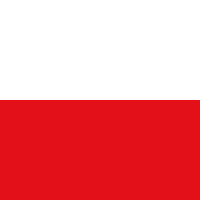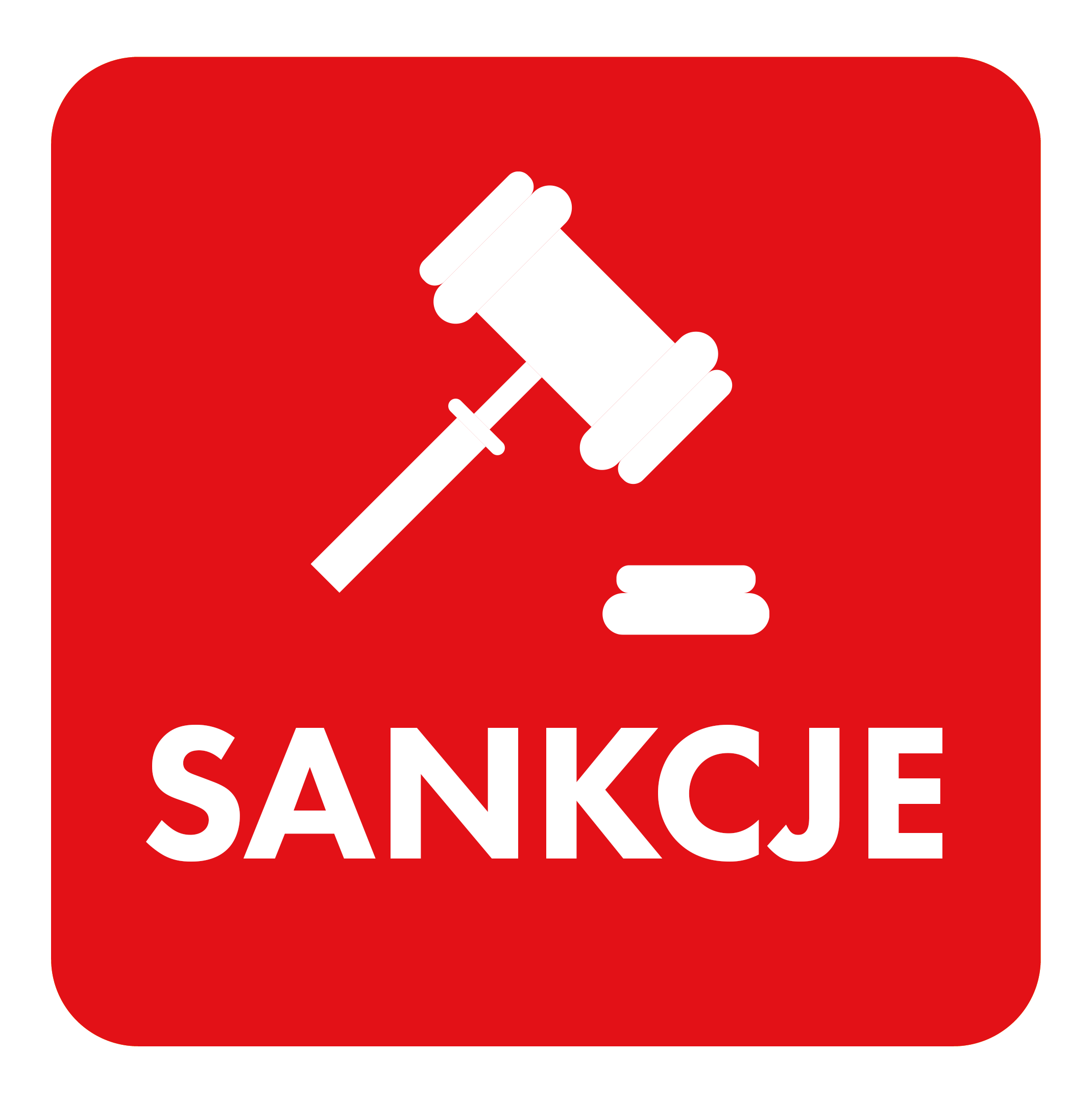The Polish Anti-Doping Agency has been launched

The agency was created based on the provisions of the Battling Doping in Sports act, passed by the parliament on April 21st this year. It replaced the Commission for Battling Doping in Sports, established 1988, as the national anti-doping agency. The agency has been granted an array of powers that its predecessor didn’t have. They especially relate to the so-called investigating collaboration with the Police, prosecutors, The Customs and Fiscal Service, the Military Gendarmerie or the Border Guards.
The main task of the Agency is still – just like was the case with the abolished Commission for Battling Doping in Sport – planning and implementing anti-doping control, both during competitions and outside of them. One novelty is a significant professionalizing of this task. Controls can now only be run by qualified controllers, prepared for this role by the Agency itself. POLADA also has reseources and powers to execute anti-doping control of Polish players even abroad. It is also a sign of professionalizing that a special status was granted to the Agency’s controllers themselves. They are subject, during or in relation to serving their formal duties, to protection but also responsibility specified in the Penal Code for public officials. The actions performed by the controllers are considered to be carried out for the public good, which is the reason behind the special status. On one hand it is there to guaratee the controllers with the adequate protection, and on the other to work preventively in the event of a controller being at risk of corruption.
The provisions of the Battling Doping in Sports act, besides establishing POLADA, also envision other important solutions. One of them is creating a Disciplinary Panel next to the Agency, which settles the disciplinary responsibility for doping in sports. It is a continuation of changes initiated in a novelization of the sports act, which took place last summer. The panel is granted the current powers that used to be carried out by disciplinary commissions operating within the scope of Polish sports associations, some of which didn’t have the adequate knowledge and experience to adjudicate in regards to doping in sports. It guarantees efficiency and reliability of the conducted proceedings.
The act also provides the Police and the Customs and Fiscal Service with conditions to run operations the purpose of which is to detect and go after smuggling and trading doping substances that are banned in sports. It is accompanied by adequate penal provisions that predict – on the conditions specified by the act – a fine, restrictions on freedom or imprisonment of up to 3 years for providing third parties, for a fee or for free, with specific forbidden substances, trading them as well as delivering and importing them on the Polish territory. The act also defines the framework for the mutual operation of the Agency and the Minister of Health as well as clears up the legal situation within the scope of processing personal information of the players being subject to anti-doping control.






